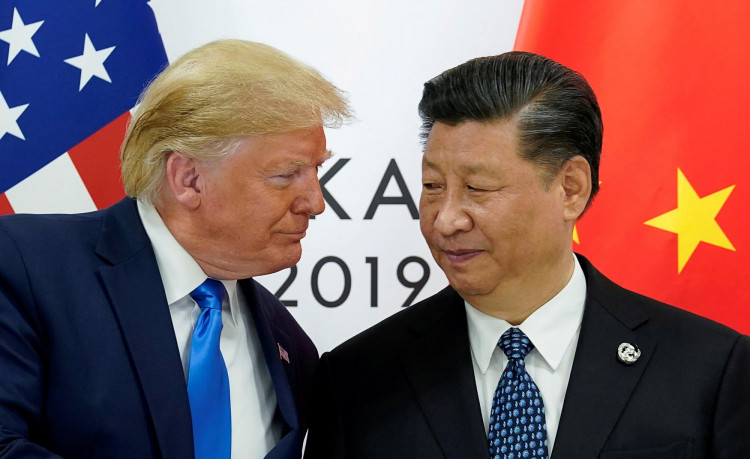The Trump administration has paused technology export controls on China in a move aimed at easing bilateral tensions and facilitating a high-level meeting between President Donald Trump and Chinese President Xi Jinping later this year, according to multiple officials cited by the Financial Times. The decision affects key restrictions on advanced artificial intelligence chips and follows months of quiet pressure on the Commerce Department's industry and security bureau to avoid escalatory measures against Beijing.
Talks between U.S. Treasury Secretary Scott Bessent and Chinese Vice Premier He Lifeng are set to resume this week in Stockholm. The outcome could shape prospects for a broader trade agreement and a potential Trump-Xi summit.
The policy shift follows earlier restrictions imposed by the administration that barred companies such as Nvidia Corp. from selling high-end AI processors-including its powerful H20 chips-to China. Those curbs were part of a wider effort to stymie Beijing's access to advanced semiconductors amid national security concerns. But in a reversal, Nvidia said this month that it would resume sales of the chips, citing U.S. government assurances that export licenses would be granted.
"The U.S. government has assured Nvidia that licenses will be granted and Nvidia hopes to start deliveries soon," the company said in a recent blog post.
Commerce Secretary Howard Lutnick previously confirmed that the resumption of exports is linked to broader negotiations over critical materials such as rare earths and magnets-resources where China wields dominant global supply.
However, the decision has triggered sharp pushback from security experts and former government officials, including several who served in Trump's first term. A group of 20 former officials, including ex-deputy national security adviser Matt Pottinger, wrote a letter to Lutnick warning that lifting the restrictions is a strategic blunder.
"This move represents a strategic misstep that endangers the United States' economic and military edge in artificial intelligence," the group wrote. "By supplying China with these chips, we are fueling the very infrastructure that will be used to modernize and expand the Chinese military."
The letter argues that relaxing controls will embolden Beijing to seek further concessions and could diminish U.S. leverage in future negotiations, while also putting American chipmakers at risk of domestic supply shortages.





